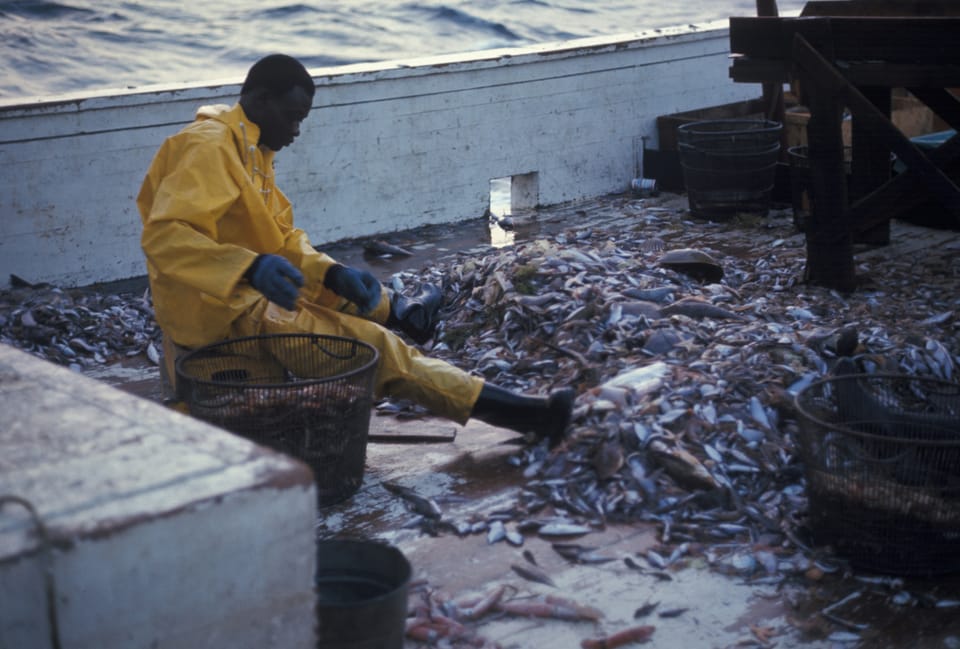SBTN launches consultation on science-based ocean targets

The Science-Based Target Network (SBTN) has launched a consultation on a draft set of targets for companies to protect and restore ocean ecosystems.
The draft targets were developed by the SBTN Ocean Hub, led by WWF and Conservation International with partners including The Nature Conservancy, FishWise, the Marine Stewardship Council, Sustainable Fisheries Partnership, and UNEP FI, and builds on existing and emerging sustainability frameworks, seafood certification systems and initiatives.
They include three goals focused on seafood value chains and addressing corporate impacts from wild capture fishing and aquaculture.
The first is to avoid and reduce overexploitation, with guidance for companies on how to avoid reliance on commodities derived from overexploited stocks. The second is to protect structural habitats such as coral reefs and seagrasses in both aquaculture and wild fisheries. The third is to reduce risks to endangered, threatened and protected marine wildlife from the impacts of wild fisheries.
Ocean target consultation running until October 22
Companies and other fishing industry stakeholders are invited to review the draft targets and join a consultation webinar on September 17 to learn more about the consultation process – which will run from now until October 22, 2024.
SBTN hopes to release the final guidance for setting ocean targets in 2025, expanding its existing portfolio of environmental targets, which currently includes land and freshwater and integrates biodiversity principles throughout.
“Integrating ocean targets into science-based targets will elevate corporate responsibility by ensuring companies address the significant environmental impacts of their ocean-related activities including industrial fishing, helping to protect and restore critical ocean ecosystems within a clear, measurable framework,” the organisation said.
Oceans cover 70% of our planet and support global food security and livelihoods, as well as regulating the global climate, producing oxygen, and being key in issues of coastal climate resilience.







Member discussion